Vortices in starfish eggs resemble those found in quantum fluids.
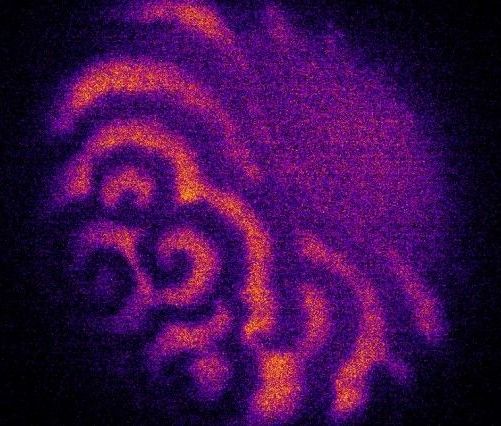


:0000
This article follows on from several others on this theme that I wrote some time ago, for details of which see footnote.
The idea of the earth as a superorganism re-emerged in modern times with the work of the independent scientist James Lovelock and his Gaia hypothesis. This was developed further by the spiritually oriented writer Peter Russell in The Awakening Earth.
When Lovelock published the first edition, where he described the Earth as a kind of self-regulating, living organism, he was attacked by biologists who said that this could not have emerged through a process of natural selection, thus contradicting Darwinian theory, the dominant biological paradigm. Even worse, “one critic referred to it scathingly as a fairy story about a Greek goddess”. These are statements typical of modern materialist, Enlightenment science for, as Lovelock says, “the idea of Mother Earth or, as the Greeks called her, Gaia, has been widely held throughout history and has been the basis of a belief that coexists with the great religions”.
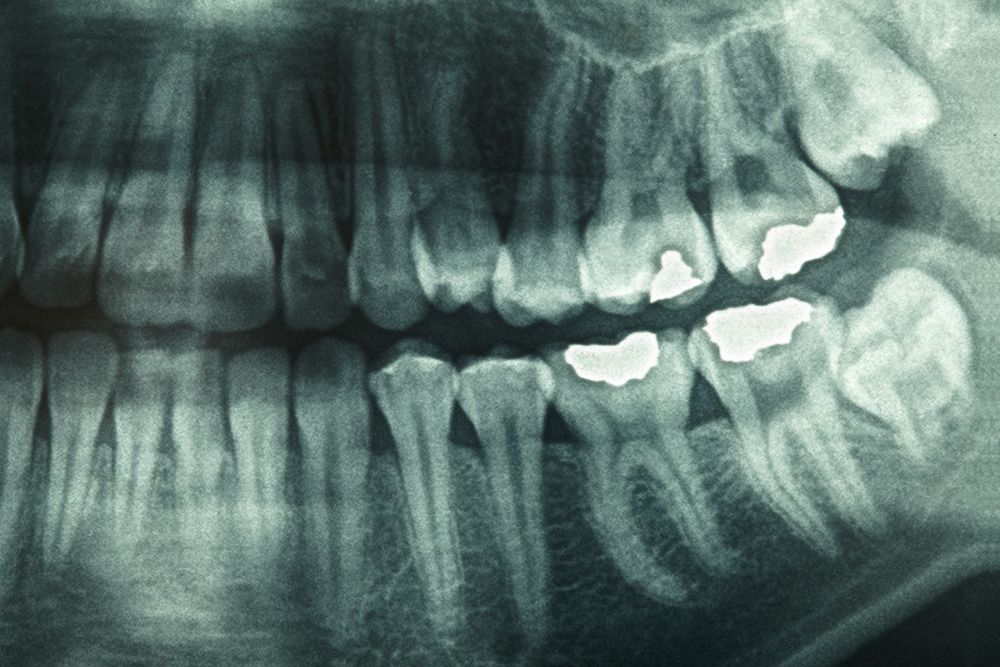
Sediment layers in rock or tree rings can hold clues to what the environment was like at different times in the past – and the same idea may even apply to your own teeth. Scientists at New York University have found that the material that makes up tooth roots preserves a lifelong record of stresses on the body, such as childbirth, illness, and even prison time.
While most of a tooth doesn’t grow once it’s popped up in your jaw, the tissue around the roots do. Known as cementum, this stuff regularly adds new layers after the tooth surfaces. And for this study, the researchers investigated the hypothesis that major physiological events would leave their mark in these layers.
To test the idea, the team examined 47 teeth from 15 different people, between the ages of 25 and 69. The life histories of all of these people were known, including things like whether they’d given birth, had major illnesses or even moved from rural to urban areas. Crucially, they also knew what ages these events had occurred.
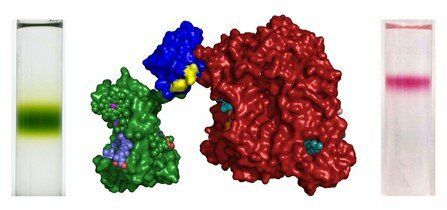
A team of scientists, led by the University of Bristol, has developed a new photosynthetic protein system enabling an enhanced and more sustainable approach to solar-powered technological devices.
The initiative is part of a broader effort in the field of synthetic biology to use proteins in place of man-made materials which are often scarce, expensive and can be harmful to the environment when the device becomes obsolete.
The aim of the study, published today in Nature Communications, was the development of “chimera” photosynthetic complexes that display poly-chromatic solar energy harvesting.
This man lived inside a self-sustaining glass biosphere for 2 whole years to test drive what life would be like for humans on Mars via NowThis.

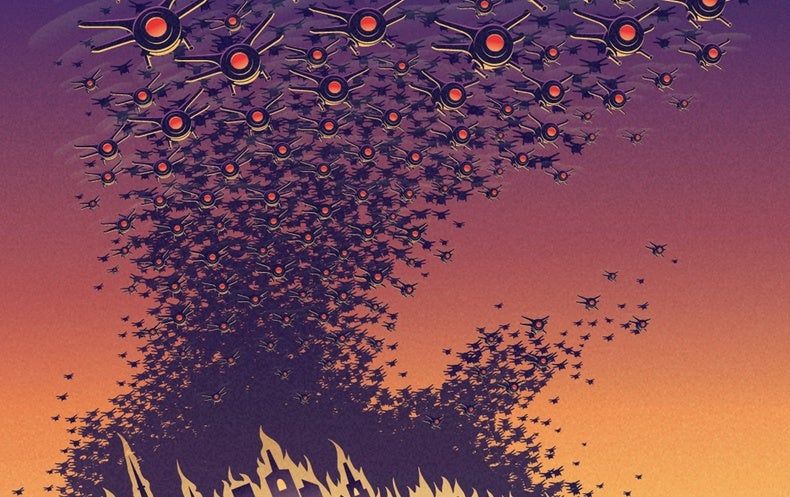
Ban Killer Robots
“Robotic weapons that target and destroy without human supervision are poised to start a revolution in warfare comparable to the invention of gunpowder or the atomic bomb. The prospect poses a dire threat to civilians—and could lead to some of the bleakest scenarios in which artificial intelligence runs amok. A prohibition on killer robots, akin to bans on chemical and biological weapons, is badly needed. But some major military powers oppose it.”
Weapons that kill enemies on their own threaten civilians and soldiers alike.

Simulating computationally complex many-body problems on a quantum simulator has great potential to deliver insights into physical, chemical and biological systems. Physicists had previously implemented Hamiltonian dynamics but the problem of initiating quantum simulators to a suitable quantum state remains unsolved. In a new report on Science Advances, Meghana Raghunandan and a research team at the institute for theoretical physics, QUEST institute and the Institute for quantum optics in Germany demonstrated a new approach. While the initialization protocol developed in the work was largely independent of the physical realization of the simulation device, the team provided an example of implementing a trapped ion quantum simulator.
Quantum simulation is an emergent technology aimed at solving important open problems relative to high-temperature superconductivity, interacting quantum field theories or many-body localization. A series of experiments have already demonstrated the successful implementation of Hamiltonian dynamics within a quantum simulator—however, the approach can become challenging across quantum phase transitions. In the new strategy, Raghunandan et al. overcame this problem by building on recent advances in the use of dissipative quantum systems to engineer interesting many-body states.
Almost all many-body Hamiltonians of interest remain outside a previously investigated class and therefore require generalization of the dissipative state preparation procedure. The research team therefore presented a previously unexplored paradigm for the dissipative initialization of a quantum simulator by coupling the many-body system performing the quantum simulation to a dissipatively driven auxiliary particle. They chose the energy splitting within the auxiliary particle to become resonant with the many-body excitation gap of the system of interest; described as the difference of the ground-state energy and the energy of the first excited state. During such conditions of resonance, the energy of the quantum simulator could be transferred efficiently to the auxiliary particle for the former to be cooled sympathetically, i.e., particles of one type, cooled particles of another type.
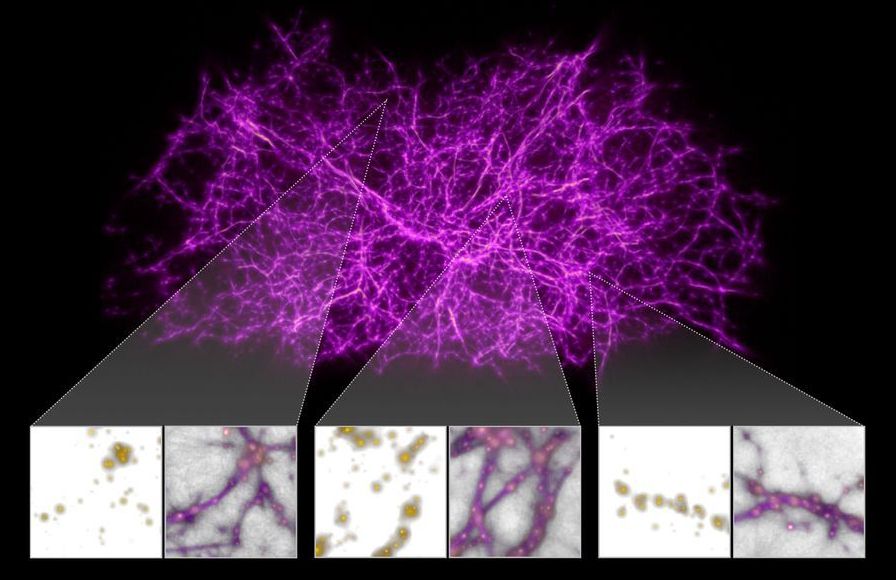
The behavior of one of nature’s humblest creatures is helping astronomers probe the largest structures in the universe.
The single-cell organism, known as slime mold (Physarum polycephalum), builds complex filamentary networks in search of food, finding near-optimal pathways to connect different locations. In shaping the universe, gravity builds a vast cobweb structure of filaments tying galaxies and clusters of galaxies together along faint bridges hundreds of millions of light-years long. There is an uncanny resemblance between the two networks: one crafted by biological evolution, and the other by the primordial force of gravity.
The cosmic web is the large-scale backbone of the cosmos, consisting primarily of the mysterious substance known as dark matter and laced with gas, upon which galaxies are built. Dark matter cannot be seen, but it makes up the bulk of the universe’s material. The existence of a web-like structure to the universe was first hinted at in the 1985 Redshift Survey conducted at the Harvard-Smithsonian Center for Astrophysics. Since those studies, the grand scale of this filamentary structure has grown in subsequent sky surveys. The filaments form the boundaries between large voids in the universe.
